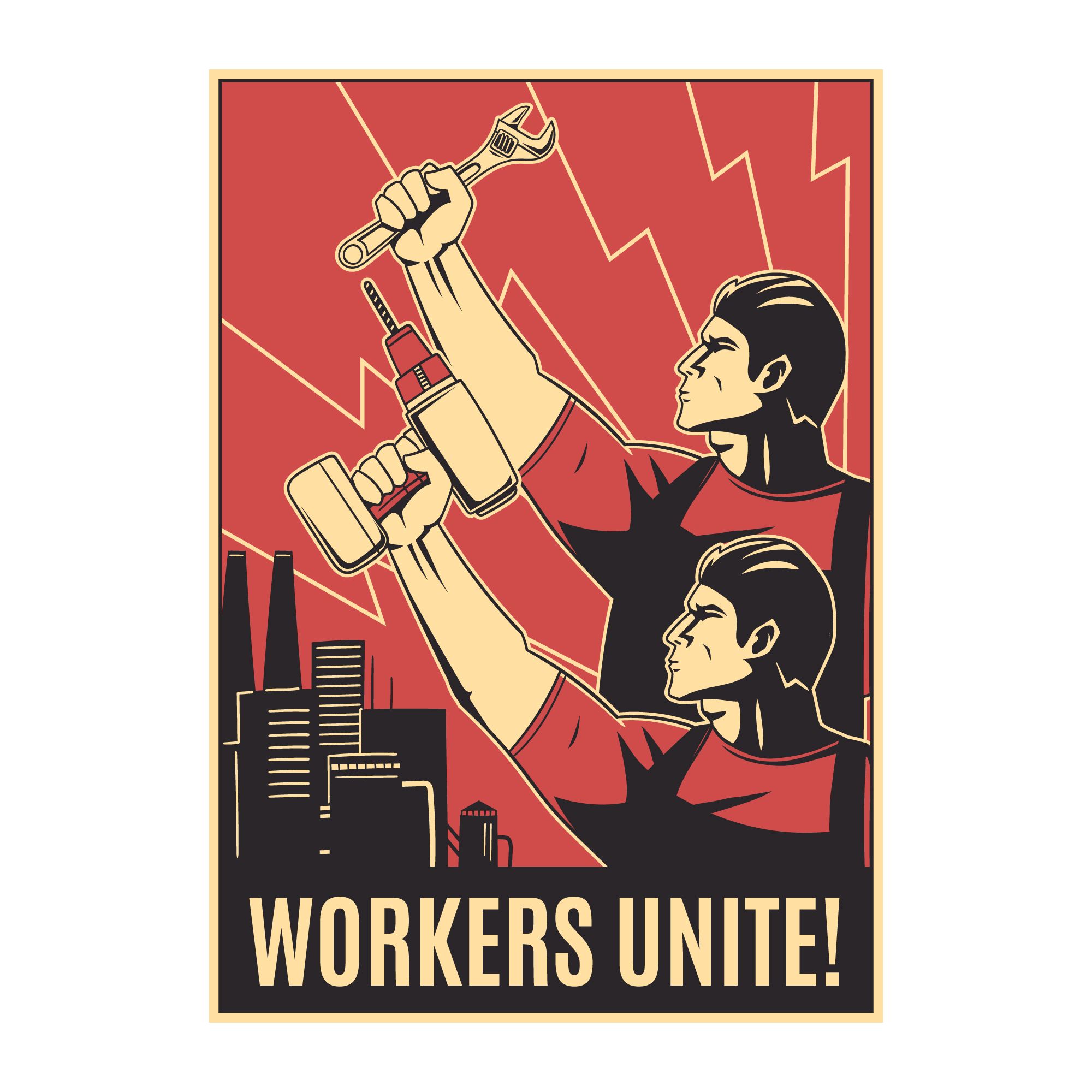Labor shortage of skilled workers strengthens Unions
Labor shortages are giving unions more bargaining power. That has consequences, a leading economist expects (Wirtschaftsweise Mrs. Grimm)
Economist Veronika Grimm, a member of the German Council of Economic Experts, believes it is possible that IG Metall will succeed with its demand for a four-day week in the steel industry.
Because of the general shortage of labor, workers are currently in a strong negotiating position, Grimm told TV station Welt on Thursday. “That can lead to a four-day week being pushed through.”
According to its chief negotiator for the northwestern German steel industry, Knut Giesler, the IG Metall union intends to advocate a four-day week with full wage compensation in the collective bargaining negotiations that begin in November. In concrete terms, this is to be achieved by reducing the working week from 35 to 32 hours and changing duty and shift schedules.
According to Giesler, the union also wants to campaign for higher wages independently of this demand. However, economist Grimm pointed out that employee representatives would then have to limit themselves when it came to wage demands. In view of inflation, it was therefore questionable whether this was the right strategy for collective bargaining.
Source: F.A.Z. Online 07.04.2023

Tradition of labor unions in germany and their power
Germany has a strong tradition of labor rights and unions. Workers in Germany have a variety of rights and protections under the law, including the right to collective bargaining, the right to strike, and the right to a safe and healthy work environment.
The German labor market is highly regulated, and many workers are covered by collective bargaining agreements negotiated by labor unions. These agreements set out the terms and conditions of employment, including wages, working hours, and benefits. The majority of workers in Germany are unionized, with union membership rates around 20-30%.
There are several major labor unions in Germany, including the German Trade Union Confederation (DGB), which is the largest umbrella organization representing various trade unions in the country. Other major unions include the IG Metall (metalworkers’ union) and the Verdi (services union).
Unions in Germany have significant political and economic power, and are involved in policy making and collective bargaining at the national level. They also play an important role in advocating for workers’ rights and protections, including fair wages, safe working conditions, and equal opportunities for all.
Overall, the labor rights and unions in Germany are designed to protect workers and ensure fair and safe working conditions, while also promoting economic growth and stability.
How deep the unions are integrated in the german society and economic structure?
The number of people and companies that are members of a union in Germany can vary depending on the specific union and industry. However, in general, union membership in Germany is relatively high compared to other countries.
According to data from the German Trade Union Confederation (DGB), which is the largest umbrella organization representing various trade unions in the country, there were approximately 5.9 million union members in Germany in 2020. This represents around 15% of the total workforce in Germany.
In terms of companies, union membership is often more common in larger organizations with a greater number of employees. However, union membership rates can also vary widely depending on the industry and region.
Overall, the labor unions in Germany are an important part of the country’s social and economic landscape, and play a significant role in shaping labor policies and protecting workers’ rights and interests.
How many people and companies are a member of a german labor union?
The union membership rates can vary by industry and sector in Germany. However, traditionally, the manufacturing sector has had the highest rate of union membership.
According to data from the German Trade Union Confederation (DGB), the largest umbrella organization representing various trade unions in the country, the unionization rate in manufacturing was around 27% in 2020. This is followed by the public sector, where the unionization rate was around 22%.
Other industries with relatively high unionization rates in Germany include transportation and communication, construction, and education.
It’s worth noting that union membership rates can also vary depending on the region of Germany. For example, the rate of union membership tends to be higher in the western states of Germany compared to the eastern states, where unionization rates have historically been lower.
Overall, while the manufacturing sector has traditionally had the highest rate of union membership in Germany, the rates can vary widely depending on the industry and region.
For more informations please follow the links below this article or subsribe our newsletter, social media for all updates and news around this topic!
https://www.instagram.com/jobsgermany.info/
https://www.facebook.com/jobsgermany.info/
https://www.tiktok.com/jobsgermany.info/
